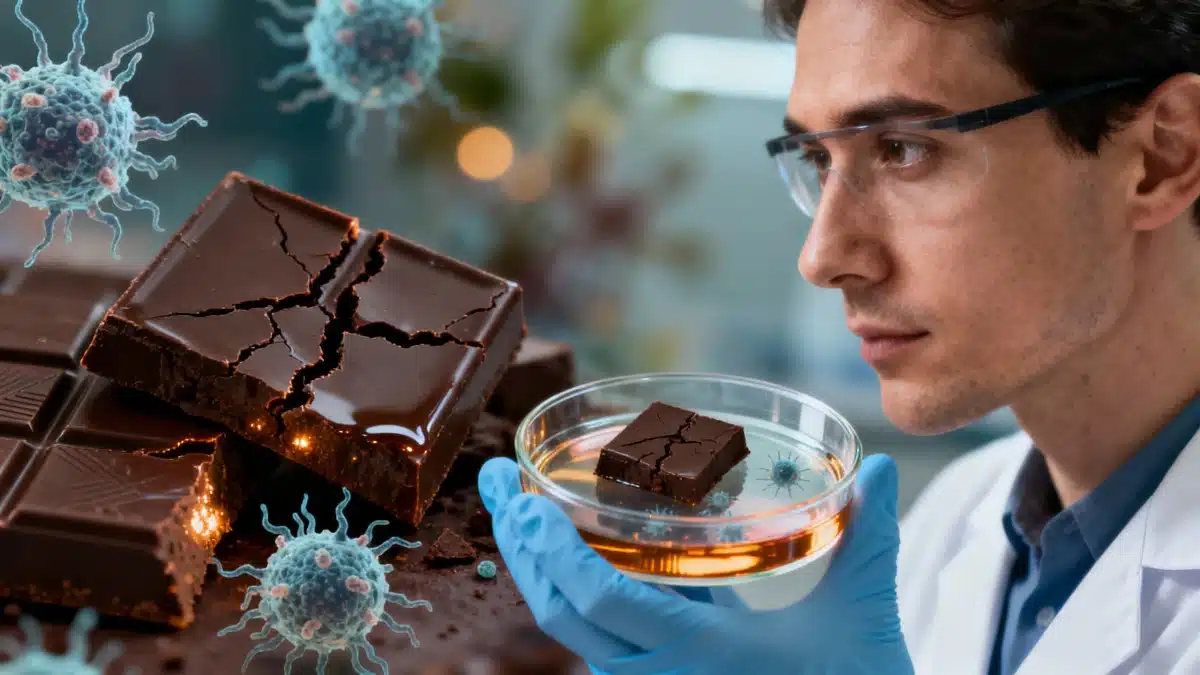Shockingly Sweet, Secretly Sinister: The Hidden Dangers of Soda Lurking in Your Glass
The Drink You Sip Without a Second Thought
We all know the drill. You reach for that fizzy, bubbly drink—maybe after a long day, maybe while sharing a laugh with friends, or just because it tastes like childhood in a glass. But what if this everyday treat is quietly helping time speed up on your body’s aging clock? According to nutritionists and scientists, soda, that sweet and unassuming companion at countless tables, is much more than an innocent refreshment. In fact, if you’re aiming to preserve your youth, this is precisely the drink they tell you to avoid.
You might have heard about the various ways soda is bad for your health, but few realize just how deep the damage might go. Scientists now warn that this sugary beverage doesn’t just have a fling with your waistline—it launches a full assault on your cells themselves, accelerating the very process of aging. Unleash a can, and you may be cracking open more than just a cold drink.
Science Unmasks a Sweet Villain
The story isn’t just hearsay—it’s scientifically proven. In 2014, a study published in the American Journal of Public Health revealed something utterly sobering: drinking soda can cause premature aging at the cellular level. That’s right—your fizzy favorite might be quietly rewinding your body’s biological hourglass faster than you’d like.
But how does this happen? Scientists found that individuals who drank more soda tended to have shorter telomeres within their white blood cells. Not familiar with telomeres? Imagine them as the protective caps on the ends of your chromosomes, keeping your DNA snug and safe. Over the years, research has shown that when these telomeres get shorter than average, bad things start to pile up:
- Notable decreases in lifespan and longevity
- Significant upticks in the risk of chronic diseases
That’s not an invisible side-effect; it’s a scientific reality sneaking up with every sip.
The Cellular Mechanism—Stripped Down
Why do shorter telomeres matter so much? Each time your cells divide, telomeres naturally shrink. But if they dwindle too quickly—say, because of lifestyle choices like regular soda consumption—your cells can enter a state of decline prematurely. This “degradation,” as scientists term it, could mean less time enjoying life’s sweet moments. The upshot? More soda, shorter telomeres, and an express ticket to the effects of aging.
Elissa Epel, a psychiatry professor at the University of California, San Francisco, gave further detail to colleagues at Eat This, explaining it like this: “Regular consumption of sugary sodas could influence the development of diseases, not only by challenging the body’s metabolic control of sugars, but also by accelerating cellular aging of tissues.” In other words, it’s double trouble—both on your metabolism and your cells.
More Sodas, More Trouble: The Domino Effect
But the science train doesn’t stop there. A 2021 study published in Current Nutrition Reports confirmed and deepened these concerns. This research highlighted the strong links between drinking sugary beverages—soda being the poster child—and:
- Disruptions of the gut microbiome
- Increased inflammation
- Heightened oxidative stress
These three factors are, according to science, critical contributors to premature aging. Add this up, and soda doesn’t just accelerate aging by one route—it comes at your cells from multiple directions, making the pleasure of that instant fizz suddenly less tempting in the long-run.
Soda might offer instant pleasure and a nostalgic sugar rush, but over the long term, it proves to be a genuine threat to your health. The next time you reach for your favorite soda, you might just want to think twice—because behind each refreshing sip, your cells could be clocking in extra years you didn’t bargain for.

John is a curious mind who loves to write about diverse topics. Passionate about sharing his thoughts and perspectives, he enjoys sparking conversations and encouraging discovery. For him, every subject is an invitation to discuss and learn.





